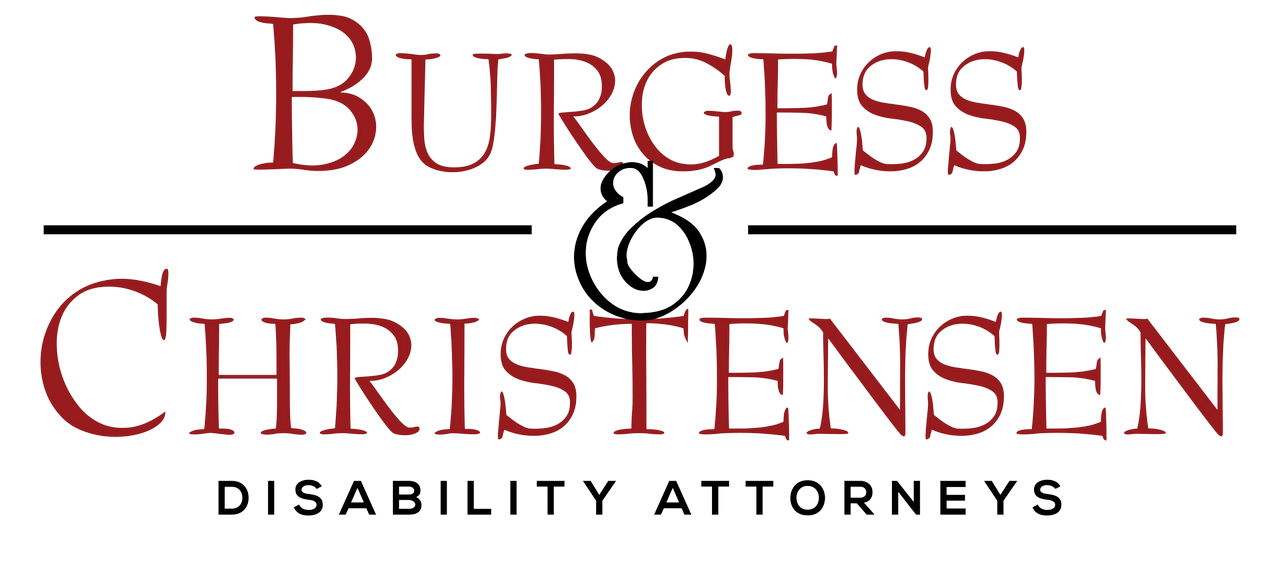What evidence must be presented to get ssdi benefits?
We're on your side
In Georgia, when a person is unable to work because they are ill, injured or are suffering from a condition, there will be inevitable concerns as to what the future holds. Being unable to work can cause a litany of challenges personally and financially. It can be overwhelming to feel unable to make ends meet. This is when it is important to understand when Social Security Disability Insurance (SSDI) might be available and how to get approved for benefits. The Social Security Administration has strict rules and the application process can be tough. As with any legal case, evidence is fundamental.
Key points about evidence when seeking SSDI benefits
Evidence is the foundation of an SSDI case. The SSA will not simply approve a case because a person says he or she cannot work. It will want proof. The claimant is required to show that their impairment is sufficiently severe that they are unable to work. That evidence can come from the person’s own physician and medical professionals who have been providing care and treatment. The protocol and history of how the person was negatively impacted by the medical issue, what was done and how they are progressing will all be part of the evidentiary packet. X-rays, MRIs, medications and other treatments can be given to the SSA to show the extent of the person’s problems.
An impairment must be shown via the evidence. The SSA uses its Listing of Impairments to determine if a person meets the criteria to be approved for SSDI. If, for example, the claimant was a construction worker who suffers from spinal stenosis, this will be categorized as a musculoskeletal disorder and the evidence must be documented. Once the SSA is shown that the impairment exists, it will then assess its severity. Severity is crucial to the decision because the worse the person’s condition is, the less likely it is that the person will be able to work. Medical and non-medical sources can be used to show evidence.
In some instances, the SSA cannot decide with the evidence it has and it will ask the applicant to take part in a consultative examination. The claimant can use their own source to give the necessary tests or do the examination. The SSA pays for it. It could also ask that an independent medical source perform the examination. There are many reasons for which this might happen ranging from the medical source not wanting to do the exam, not having the necessary equipment or the claimant wanting a different source. The evidence must show the claimant’s capabilities in doing basic work activities like standing, sitting, walking, carrying and listening to instructions among many other aspects. The pain itself and how it impacts the person’s daily life, what can make it worse, where it hurts, how much medication is needed to treat it and other factors are taken into consideration.
For SSDI cases, it is important to adhere to the SSA’s evidentiary requests
Simply providing all the necessary information and following the instructions laid out by the SSA does not guarantee the case will be approved, but it is a good start. The case will be decided on its merits, but there are times when the SSA denies a claim unfairly. An experienced attorney can help people understand their options and argue for the benefits they need.

